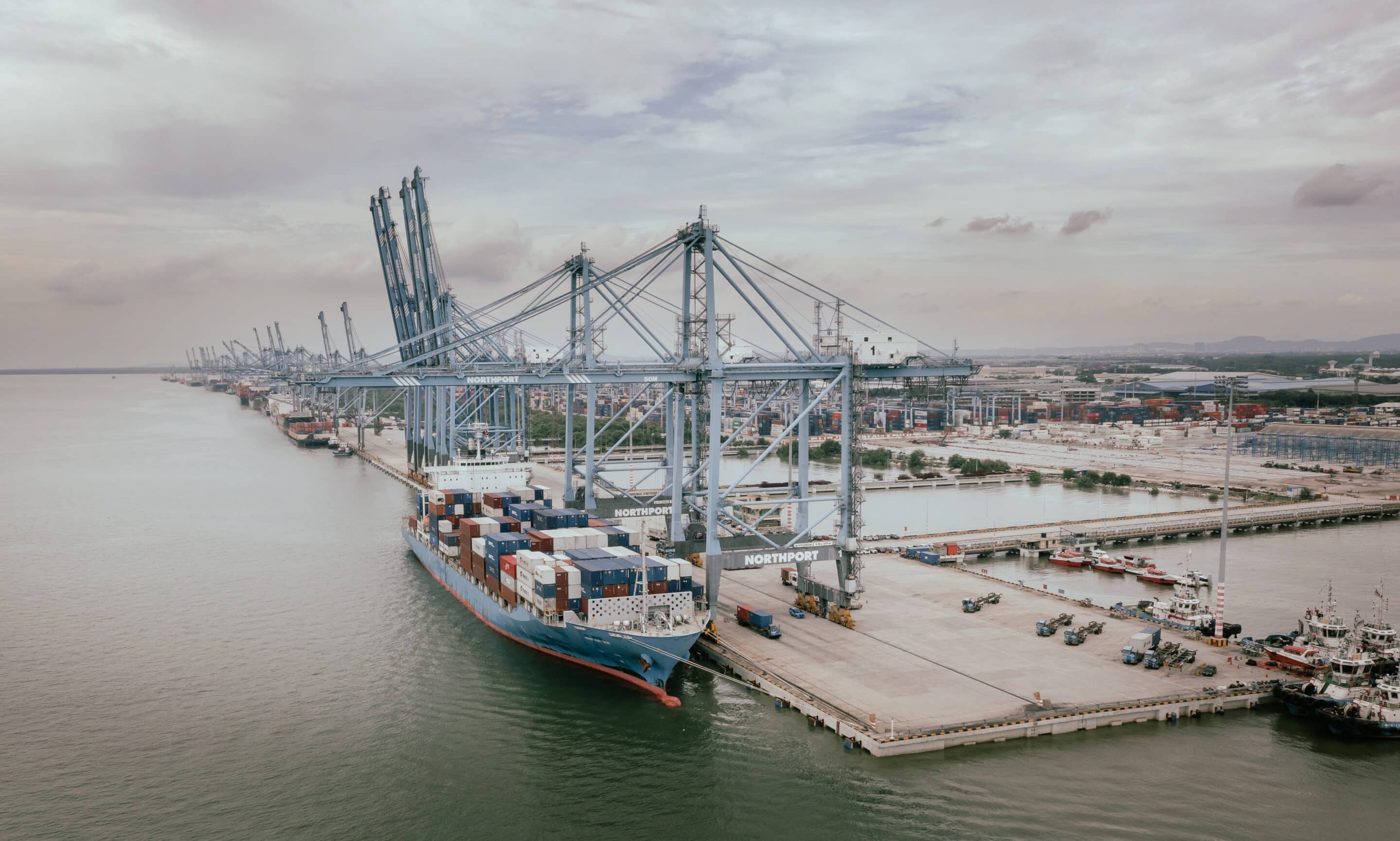
The dramatic rise in sea freight container shipping spot rates continues unabated as we move through July to August. If the industry wants to avoid reaching the astronomical levels seen during the Covid-19 pandemic, several key factors need to be addressed. Currently, average spot rates from the Far East to North Europe have surged, climbing 53% towards the pandemic peak of January 2022. Similarly, spot rates from the Far East to the US East and West Coasts are edging ever closer to their early 2022 highs.
Although it seems unlikely that spot rates will reach the pandemic highs, it cannot be completely ruled out. The actions of both logistic providers and carriers in the coming months will be crucial in determining the market’s trajectory.
Providing Market Stability
To help stabilise the market the industry need to work together to avoid the panic-driven behaviours observed in early 2024, which saw the frontloading of imports, particularly into Europe, ahead of the traditional Q3 peak season which can be a significant factor in driving the market upwards.
Additionally a focus on maintaining a steady flow of imports, without the need to expedite shipments unnecessarily, can help alleviate some of the demand pressure contributing to rising spot rates.
Helping Port Congestion
Port congestion is caused by the repeated use of the same transshipment hubs in Asia and Europe, particularly Singapore, the world’s largest transshipment hub, which has now extended to neighbouring Malaysian ports, with Port Klang experiencing record-high congestion on July 1.
To reduce congestion, diversifying port calls and avoiding over-reliance on major hubs like Singapore can help, but this is easier said than done, given the strategic importance of these hubs in global shipping networks.
Collaborative Efforts for a Balanced Market
We all must work collaboratively to stabilise the market, carriers could potentially explore alternative transshipment hubs while 3pl providers can look at alternative routings to avoid where possible congested transhipment hubs. This can mitigate congestion and improve the efficiency of global supply chains.
Additionally, avoiding panic-driven decisions which are known to exacerbate market volatility, as businesses try to protect their supply chain and meet their customers’ expectations and demands, especially during peak periods.
Looking Ahead
The future trajectory of spot rates is uncertain, and their impact on the long-term market remains to be seen. Logistic providers and carriers must keep all options open and remain flexible in their strategies. By staying calm and making strategic decisions, we can all help ease congestion and stabilise the market.
In conclusion, while the current spike in sea freight container spot rates is concerning, there are actionable steps that the industry can take to prevent a return to pandemic-level rates. Through collaboration, strategic planning, and calm decision-making, the industry can navigate these turbulent times and work towards a more stable future.
Denholm Good Logistics continue to be at the forefront of competitive rates and value-added service in customs clearance, warehousing & distribution and onward delivery from global ports. For more information or to make an enquiry contact us today.
